VoiceTV 21 In Her View with Kampaka 27 May 2016
Source: http://shows.voicetv.co.th/inherview/370140.html
In Her View Host, Kampaka, brings up questions the public has been asking about regarding the Dhammakaya case: “The problem started with the donation of illicit money to Wat Phra Dhammakaya, entangling a monk and the temple in this very public lawsuit. What makes the case even more complex is Thai society is very divided politically. The lawsuit is a very sensitive one. Let’s take a peek into our society by delving into this issue with Kampaka on this program, In Her View.
Transcript excerpt:
Isn’t this case closed already?
The money was also returned too, right?
A group of Credit Union members even came out to express their gratitude.
The Credit Union held a press conference clarifying that this case was filed by an individual unaffiliated with the Credit Union.
The Credit Union confirmed its gratitude to Wat Phra Dhammakaya for helping its members with the money that was lost. This is a simple summary for general public.
In regards to the new case, DSI might say that even though the civil case was already withdrawn, the criminal case cannot be withdrawn or canceled.
Let’s leave the legal issues with the DSI and the legal system.
The issue that the public and I are interested in is this:
When we make donations, how are temples supposed to know if the money was derived from legal or illegal activities?
If we’re truly concerned about money laundering, should the government come up with some sort of mechanism, not only for temples, but for every organization that accepts donations from private parties?
Regardless of the type of organization (private organizations, temples, hospitals, or school), should there be some sort of mechanism to verify the sources of the money donated?
If not, there may be similar cases to this one. Let’s say that I have been involved in the casino business and other illegal enterprises, and I’m afraid that I may go to hell when I die. So, I donate some of the illicit money that I’ve amassed to various charities and temples, because I wanted to do good deeds. I believe that if I donate a lot of money, the consequences from the bad deeds will lessen.
My questions is, should organizations that accepted and used my illicit money be held accountable for how the money was sourced?
These days, there’s taxation on unwholesome products like alcohol and cigarettes. If we view that businesses related to alcohol and cigarettes are bad, do we have the right to use that money to benefit society? Do we have to be held accountable for the money’s unwholesome sources?
I’m just posing an ordinary question.
If we are so serious about money laundering, there should be one law and one standard for every organization that accepts donations. There should be a mechanism to check the money’s sources. Can we accept unwholesome money? From illegal activities? From corruption? Or, the money from Mr. Supachai, for example, that was embezzled, can we accept that?
If we accept it, can we be found guilty? If we are guilty, does this mean that everyone who accepts money in this manner can be equally charged for accepting stolen money as well?

